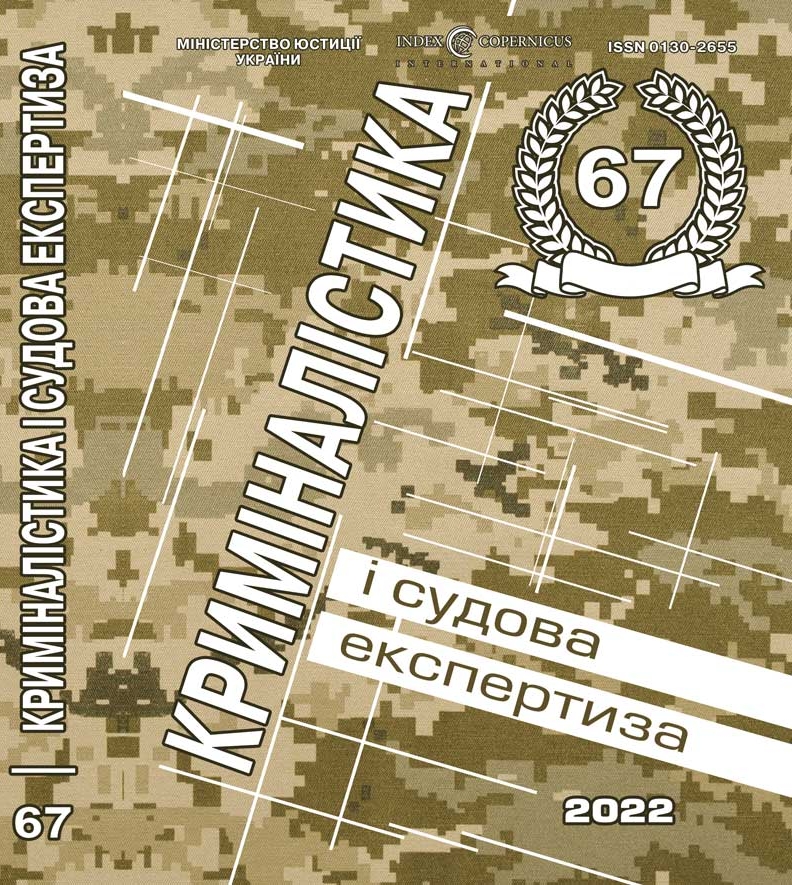
DOI: https://doi.org/10.33994/kndise.2022.67.07
A. Poltavsky
The article is devoted to the problem of insufficient normative regulation of the relevant education, skill level, training, competencies and competencies of forensic experts. The current regulations are analyzed, in particular, the Law of Ukraine “On Forensic Expertise”, approved classification characteristics for the profession “Forensic Expert”. The latter were approved in 2007 and have not changed to this day, despite numerous changes in Ukrainian legislation.
From this point of view, publications were analyzed that analyze the regulation of education and requirements for the profession of Australia, Canada, the USA, Germany, Japan and other countries where professional standards (corporate, industry, regional, national and international) are developed, implemented, improved in the field:
– work to form and maintain a high professional level of employees, which meets the needs of production, determine the needs for workers and the level of their professional training;
– education for the development of educational standards and vocational training programs, methods for assessing and attesting the results of vocational training, effective and reasonable selection of personnel.
The use of professional standards, according to foreign politicians, practitioners, experts and researchers, is the engine for the development and functioning of both the labor and education sectors.
In connection with this, Ukraine did not stay aside either. Several normative acts of Ukraine, in particular the Code of Labor Laws, the Laws of Ukraine “On Education” and “On Vocational Education” were amended and supplemented, due to which the term “professional standard” appeared in the legal field.
A comparative analysis of the information contained in the classification characteristics for a profession and professional standards showed that the information in the standard is the most voluminous and detailed. The main differences between the characteristics and standards are that the latter are developed in accordance with the national and sectoral qualification frameworks, which, in turn, comply with the European qualification framework developed within the framework of the Bologna process, to which Ukraine joined in 2005. There is no professional standard “Forensic Expert” in the state, which makes it impossible to update the requirements for education, training programs, specialty passports, etc.
There is no professional standard “Forensic Expert” in the state, which makes it impossible to update the requirements for education, training programs, specialty passports, etc.
Key words: qualification, qualification characteristics, education, training, professional standard, forensic expert.










